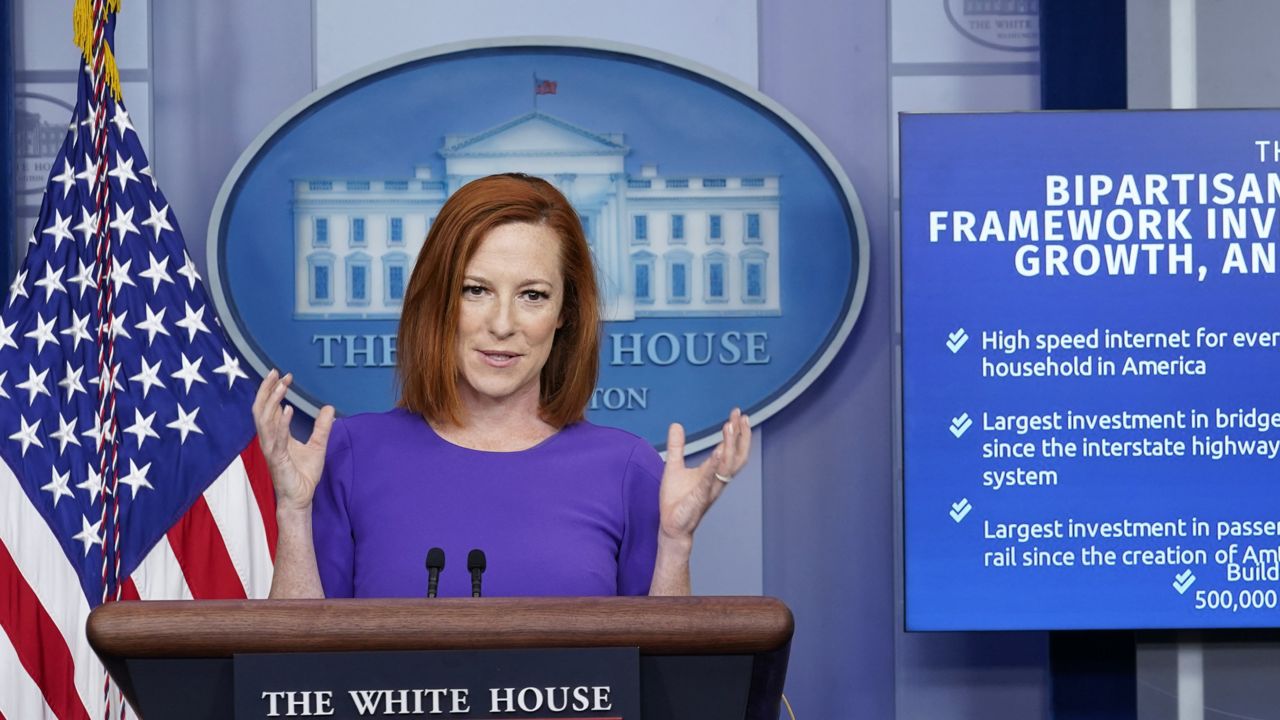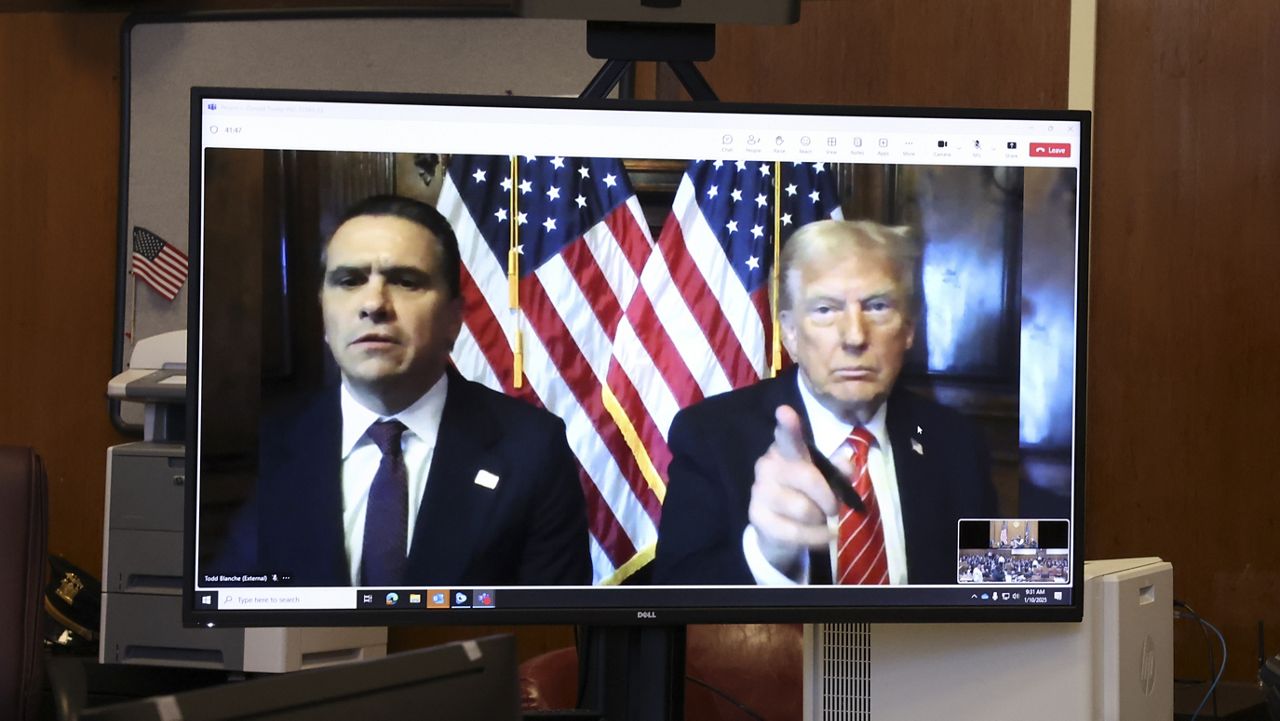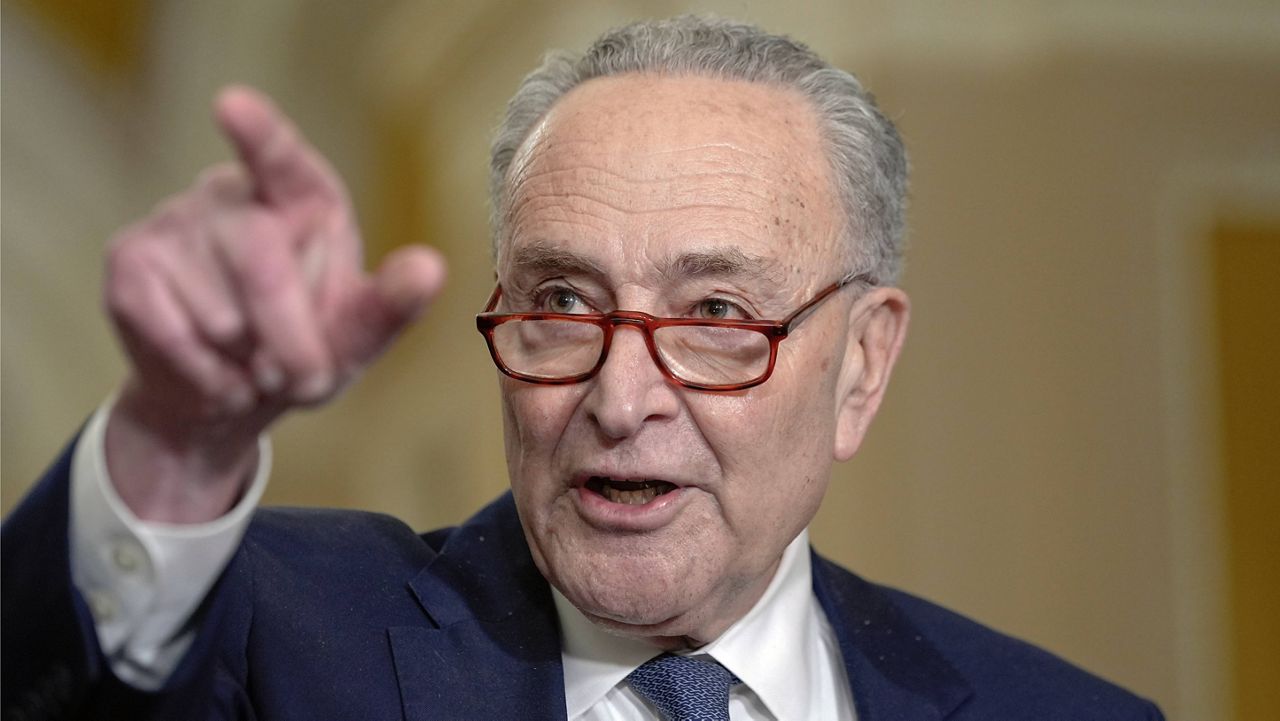On Thursday, President Joe Biden announced he reached a compromise framework on an infrastructure bill with a group of Senate Democrats and Republicans, touting the rare moment of bipartisanship as proof that "American democracy can deliver.”
But the solidarity seemed short-lived.
Hours later, Biden confirmed he would not sign the bipartisan infrastructure package without a separate reconciliation bill passed by Congress.
“I expect that in the coming months this summer, before the fiscal year is over, that we will have voted on this bill, the infrastructure bill, as well as voted on the budget resolution,” the president told reporters at the White House on Thursday. “But if only one comes to me, this is the only one that comes to me, I’m not signing it. It’s in tandem.”
On Friday, Republican senators were frantically considering options as the future of the sweeping compromise appeared in doubt.
Senators were described as “stunned,” “floored” and “frustrated” after Biden later put the conditions on accepting their deal, according to people familiar with the private conversations and granted anonymity to discuss them.
Senators who were part of the bipartisan group were never told of such an explicit linking of the two packages, the two people familiar with the discussions said.
It never came up in their talks with the White House advisers or with Biden himself during Thursday’s meeting of the group of 10 key negotiators, they said.
Only after senators tuned in later to Biden’s second news conference, where he outlined the path ahead, did frustrations mount and frantic phone calls begin.
White House Press Secretary Jen Psaki, who was asked at her Friday briefing about the GOP dismay, said senators should not have been surprised by the two-track strategy that Biden has publicly discussed.
“That hasn’t been a secret, he hasn’t said it quietly, he hasn’t even whispered it,” she said.
“[The president] fully expects, hopes, plans to sign both into law and he will leave it to leaders in Congress to determine the timeline and the sequencing,” Psaki continued, later adding: “He's going to work like hell to get both pieces of this legislation done.
The path ahead is now uncertain.
The bipartisan framework announced Thursday, coming in at $973 billion over five years, or $1.2 trillion over eight years, is a scaled-back but still significant piece of Biden’s broader proposals.
The investments include $109 billion on roads and highways and $15 billion on electric vehicle infrastructure and transit systems as part of $312 billion in transportation spending. There’s $65 billion toward broadband and expenditures on drinking water systems and $47 billion in resiliency efforts to tackle climate change.
Other White House priorities will be taken on separately in a congressional budget process known as reconciliation, which allows for majority passage without the need for Republican votes.
House Speaker Nancy Pelosi and progressive members of Congress declared they would hold to the same approach, and would not vote on an infrastructure package until a reconciliation bill was put forward.
Linking the two packages has always been part of the strategy. It’s a way for Biden to assure liberal lawmakers he will deliver on their shared priorities and not stop at the smaller, bipartisan package.









